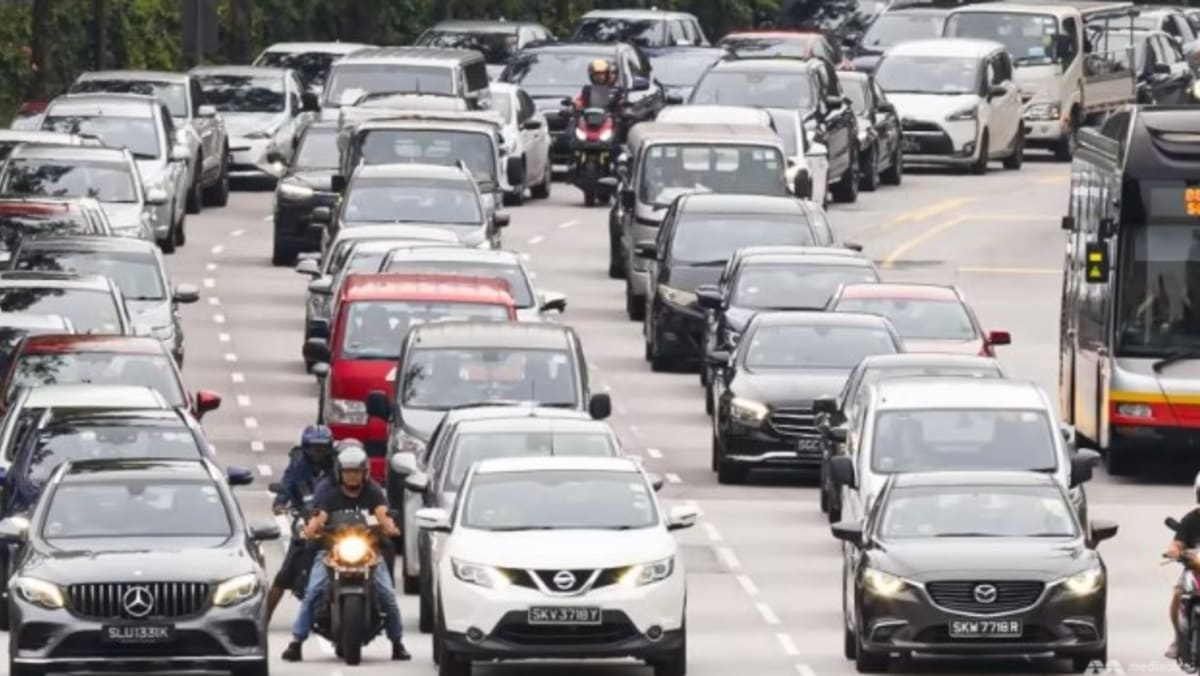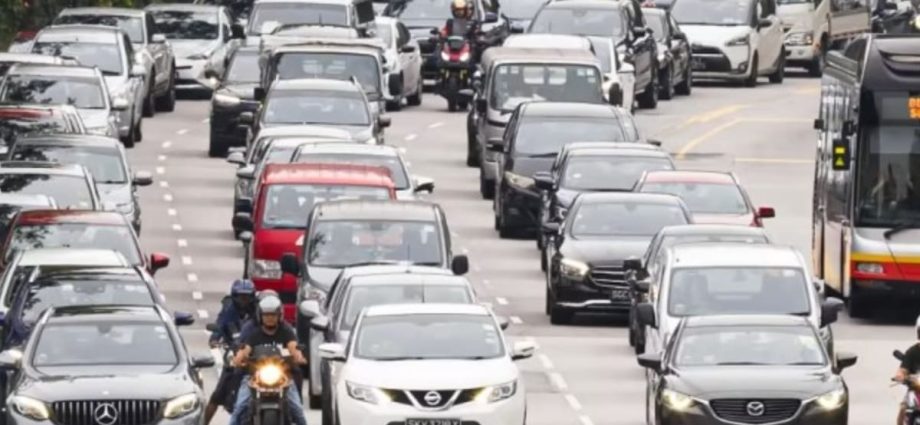
SINGAPORE: Before writing this commentary, I checked trending searches on Google over the last quarter. Among Singapore’s favourite three-letter acronyms, the top was HDB, followed by CPF and COE. That is until May 4, when the Certificate of Entitlement (COE) trumped Housing and Development Board (HDB) and Central Provident Fund (CPF).
It’s worth stressing that COEs are not the top concern of all Singaporeans. They are the top concern of a relatively vocal segment – especially recently, with COE prices crossing S$100,000 (US$75,000) and continuing to trend upwards.
As the COE system turns 33 years old this year, a fundamental review of the regulation of motor vehicles is needed.
The key idea is that car ownership as such should not be a matter of public policy. Vehicle usage is the problem: It produces three social externalities (harms to others) – emissions, congestion and accidents.
Accidents are well-regulated through criminal and civil law, coupled with insurance. The challenge is how to regulate congestion and emissions.
Presently, the government directly regulates congestion and emissions through multiple policies – COE, Additional Registration Fee (ARF), Electric Vehicle Early Adoption Incentive, off-peak car schemes, Electronic Road Pricing (ERP), excise duty on fuels, and road tax.

